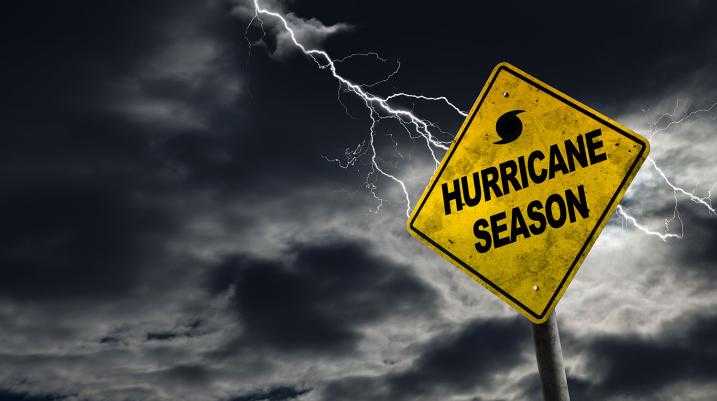Preparing Your Home For Hurricane Season 2020

Preparing Your Home for Hurricane Season 2020
Hurricane season starts June 1, and experts expect it to be an especially nasty one. Though you can’t stop a hurricane, you can prepare for it. By planning ahead, you can give yourself a greater chance of riding a storm out safely.
Here are some important steps you can take to safeguard your property, your finances, and most importantly, you and your family’s health.
(1) Read your insurance policy closely to see what it includes.
Most homeowners policies don’t cover hurricane or flood damage; these are separate policies that you may want to consider purchasing. You should also see what your deductible is, because you’ll need to pay for that amount before receiving any compensation from the insurance company. If you have any questions, don’t hesitate to call them for clarification. And if they give you any trouble, don’t hesitate to contact an attorney.
(2) Photograph your property before (and after) the storm hits.
You’ll need both wide shots and close-up ones of both the interior and exterior to serve as “Before” pictures in the event of a hurricane or other disaster. Store copies of these images online as a backup, in case something happens to your phone. By photographing your property after the storm as well, you will have proof that the damage occurred during the storm, not before.
(3) Make a disaster supply kit and a plan.
Think about what you might need if you have to evacuate your home or business; then put these items all in a large backpack or duffel bag. These supplies may or should include:
- First aid kit
- One week’s worth of medication (if applicable)
- At least three days’ worth of water (one gallon per person per day)
- At least three days’ worth of food (non-perishable)
- Pet food
- Cash and/or traveler’s checks
- ID cards, leases, and other important documents
- Flashlight and batteries
- Can opener
- Hand sanitizer
- Map
- Blankets and/or sleeping bags
- Cell phone charger
- Battery-powered radio
- Whistle (to call for help)
If possible, you should also make arrangements for a place to stay in the event that you’re displaced. Consider, too, how you will communicate with family and other loved ones. Have a plan and check the local news for updates on the hurricane’s trajectory.
(4) Hurricane-proof your home or business.
To limit the toll the storm will take on your property, make the following preparations:
- Fill plastic bottles, bathtubs, and sinks with clean water that you may need for flushing toilets and washing clothes.
- Bring patio furniture, bicycles, etc. inside to protect them from wind.
- Move valuables (and, if you can, furniture) from the basement/first level of your property to higher floors, in case of flooding.
- Sandbag doorways to reduce flooding.
- Unplug propane tanks and small appliances.
- Weatherproof your windows.
- If directed to do so by authorities, turn off utilities.
Hurricanes are incredibly destructive events. By taking the actions outlined above, you’ll be in a much better position before, during, and after a storm.
But there’s one more step you can take to protect your future: If your insurance company denies or undervalues what you think is a valid hurricane damage claim, contact a hurricane claim lawyer. Regardless of how prepared (or ill-prepared) you were, you could be owed compensation for the destruction wrought by the storm.
Injured? Getting the compensation you deserve starts here.

Injured?
Not sure what to do next?
We'll guide you through everything you need to know.